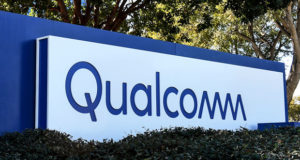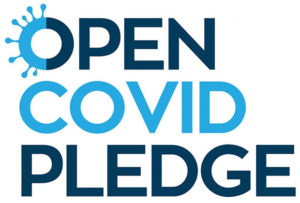
The National Security Agency considered its relationship with AT&T unique and particularly productive, The New York Times and ProPublica reported Saturday. The information about the company’s close ties with the agency came from the trove of documents released by NSA whistleblower Edward Snowden.
AT&T, which NSA lauded for its “extreme willingness to help,” gave the agency access through several methods to billions of emails from its domestic networks, apparently relying on a number of different legal justifications. It also installed surveillance equipment in at least 17 of its Internet hubs on American soil, and was the first to try out new NSA spying technologies, according to the report.
The NSA’s budget for its partnership with AT&T was more than twice that of its next-largest program, based on the documents.
“The new reports underscore the incredibly close collaboration between the NSA and the country’s major telecommunications companies, which has allowed the NSA to embed itself in the very fabric of the Internet, and exposes the communications of innocent Americans to routine spying,” American Civil Liberties Union Staff Attorney Patrick Toomey told the E-Commerce Times.
However, AT&T does not provide information to any investigating authorities without a court order or other mandatory process unless a person’s life is in danger and time is of the essence, said company spokesperson Fletcher Cook.
“For example, in a kidnapping situation, we could provide help tracking down called numbers to assist law enforcement,” he told the E-Commerce Times.
What AT&T Did
The NSA documents don’t identify AT&T or other companies collaborating with the agency by name, instead referring to code names for corporate partnerships run by its Special Source Operations Division.
Fairview, one of the division’s oldest programs, began in 1985, and there’s evidence pointing to AT&T’s being a partner in that program, which included surveillance on the Internet lines of the United Nations headquarters in New York.
AT&T also provided the NSA with access to Internet traffic it transmitted on behalf of other telcos, which is known in the industry as “peering.”
“We hope [these documents] will help confirm what we’ve been saying for years,” said Cindy Cohn, executive director of the Electronic Frontier Foundation.
“It’s remarkable how closely these documents track our allegations of backbone surveillance going back to 2006,” she told the E-Commerce Times.
Troubling Questions
How useful has the NSA’s bulk surveillance been? Government officials failed to connect the dots that might have prevented the 2001 attack on the World Trade Center; they were unable to thwart the Boston Marathon bombing in 2013.
Former NSA director Gen. Keith Alexander in 2013 said that the agency’s programshad contributed to safeguarding the U.S. and its allies from 54 terrorist plots.
Alexander later testified in a congressional hearing that only 13 of the 54 cases were connected to the U.S., and that only one or two of them were unraveled with the help of phone surveillance records.
“We’ve seen time and time again that mass surveillance has had a nonexistent impact on protecting national security,” remarked Yasha Heidari, a founding member of the Heidari Power Law Group. “It appears that the American people should be more fearful of their own government encroaching on their civil liberties.”
Don’t corporations have a civic duty to work with government officials to help thwart terrorist attacks?
“Companies like AT&T don’t have civic duties,” Heidari told the E-Commerce Times. “They have one predominant duty — to maximize monetary value for their shareholders.”













































































Social Media
See all Social Media